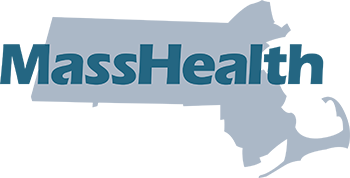The federal law creates new employer penalties that started in 2015 and apply to employers with more than 50 workers only. This policy is referred to as the Shared Responsibility for Employers component of the ACA.
There may be a penalty for some employers that do not offer affordable health insurance coverage to full-time employees. It can be up to be $2,000 per each full‐time worker. The penalty will be triggered should any full-time employee get subsidized insurance from a health insurance Marketplace, like the Health Connector. This happens when a full-time worker, whose household income is under 400 percent of the federal poverty level, is either
- not offered health insurance, or
- is offered self-only health insurance that is unaffordable because it would cost more than 9.5 percent of the household’s income, or
- is offered health insurance that does not meet a minimum value standard. This means that the plan is designed to pay less than 60 percent of the total health care costs of the benefits it covers
Potential penalties are calculated differently depending on whether the employer offers their full-time workers no coverage, or unaffordable or substandard coverage. Employers that do not offer any coverage can be subject to a penalty of $2,000 per full-time worker.
Employers that offer substandard or unaffordable coverage may be subject to a penalty that will be the lower of the following two options:
- $3,000 for any employee who receives a subsidy through an insurance Marketplace, like the Health Connector
OR - $2,000 multiplied by all of the employer’s full‐time employees.
The first 30 workers are excluded towards the calculation of this penalty.






